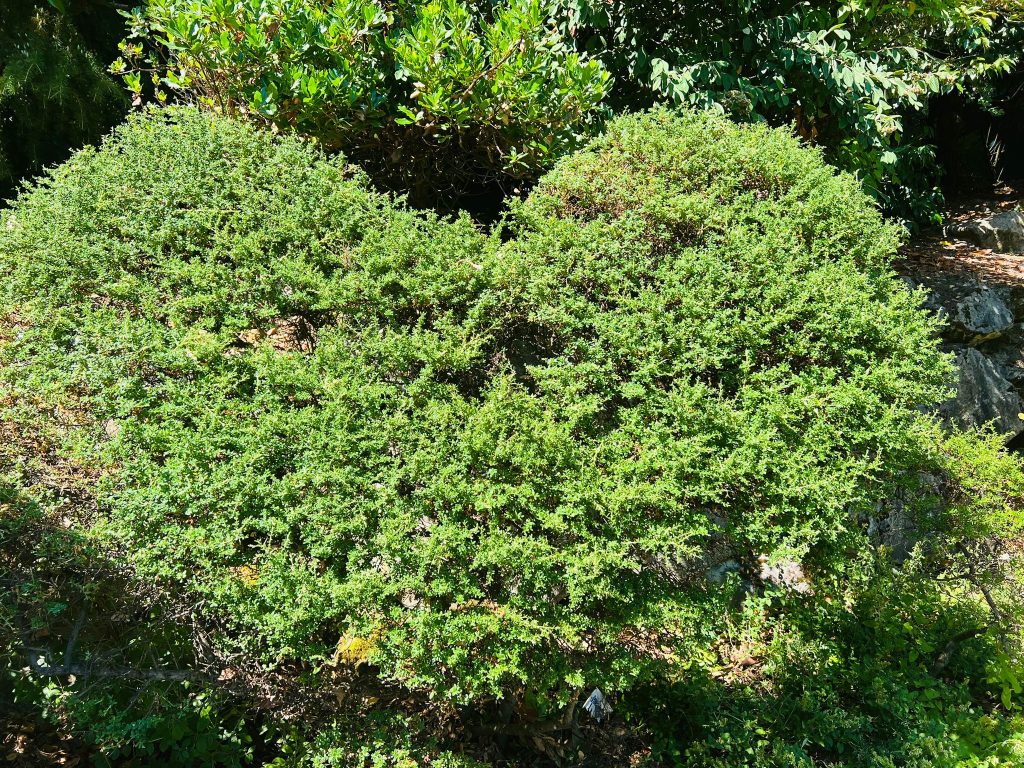Maintaining a lush, green lawn can be challenging when weeds take over. While chemical herbicides promise quick fixes, they often harm the environment, soil health, and even pets. The good news? You can protect your lawn and the planet at the same time by embracing eco-friendly weed control techniques.
In this guide, we’ll explore five natural weed removal methods that are safe, effective, and sustainable. Whether you’re a homeowner in Seattle or a gardening enthusiast anywhere in the world, these techniques will help you achieve a weed-free, healthier lawn.
Why Choose Eco-Friendly Weed Control?
Before we dive into the methods, let’s quickly look at why eco-friendly weed control matters:
- Protects Soil Health: Chemicals degrade soil organisms essential for growth.
- Safe for Kids & Pets: Natural solutions reduce exposure to toxins.
- Supports Biodiversity: Beneficial insects, pollinators, and earthworms thrive.
- Sustainable Lawn Care: Encourages long-term weed prevention instead of quick fixes.
By switching to natural weed removal, you’re not just managing weeds—you’re building a healthier ecosystem right in your yard.
Method 1: Manual Weeding – The Traditional Approach
Manual weeding may sound old-fashioned, but it remains one of the most effective eco-friendly methods. Pulling weeds by hand or using specialized tools ensures you remove the entire root, preventing regrowth.
Tips for Success:
- Weed when the soil is damp, making roots easier to pull.
- Use a weeding fork or hoe to dig deep-rooted weeds like dandelions.
- Regularly inspect your lawn and act before weeds spread.
While manual weeding requires time and effort, it’s highly effective for small- to medium-sized lawns and ensures natural weed removal without chemicals.

Method 2: Mulching – Smothering Weeds Naturally
Mulch acts as a protective blanket for your soil. By covering exposed soil with organic materials like wood chips, straw, or grass clippings, you block sunlight, preventing weed seeds from germinating.
Benefits of Mulching:
- Retains soil moisture
- Suppresses weed growth
- Adds organic matter as it decomposes
- Improves lawn appearance
For pathways, garden beds, or around trees, mulching is an excellent eco friendly weed control method that not only fights weeds but also enriches your soil naturally.
Method 3: Vinegar and Natural Sprays
One of the simplest DIY solutions for weeds is a vinegar-based spray. Household vinegar contains acetic acid, which dries out weeds. To boost its effectiveness, mix vinegar with salt and a few drops of dish soap.
DIY Recipe:
- 1 gallon of white vinegar
- 1 cup of salt
- 1 tablespoon of dish soap
Spray directly on weeds during sunny days for best results. While this method works best on young weeds, be cautious—it can harm nearby plants if applied carelessly.
Method 4: Boiling Water Treatment
For driveways, pathways, or between patio stones, boiling water is a powerful natural weed killer. Simply pour boiling water directly onto weeds to damage their roots instantly.
Advantages:
- Quick and chemical-free
- Cost-effective (just water!)
- Works especially well for cracks and non-lawn areas
However, avoid using this method near delicate plants, as hot water doesn’t discriminate between weeds and desirable vegetation.
Method 5: Corn Gluten Meal – A Natural Pre-Emergent
Corn gluten meal is a natural byproduct of corn processing and doubles as an organic pre-emergent herbicide. Instead of killing existing weeds, it prevents weed seeds from sprouting.
How to Use:
- Apply early in spring before weeds germinate
- Water lightly to activate
- Reapply annually for consistent results
Corn gluten meal is safe for lawns, pets, and the environment, making it an excellent tool for eco friendly weed control.
Bonus Tips for Sustainable Weed Management
Beyond the five methods, here are some strategies to keep your lawn naturally resistant to weeds:
- Mow High: Taller grass shades the soil, making it harder for weeds to grow.
- Overseed Annually: Thick lawns leave no room for weeds to establish.
- Water Deeply but Infrequently: Encourages strong root systems in grass.
- Aerate Your Lawn: Reduces soil compaction and improves grass growth.
- Choose Native Plants: They naturally resist local weed species.
Eco-Friendly Weed Removal in Seattle
If you’re a Seattle homeowner, you understand how the damp climate can fuel weed growth. While DIY methods are effective, professional help ensures consistent results. Local services like wedding service Seattle providers often include outdoor arrangements that require spotless lawns and gardens. Maintaining a weed-free lawn not only improves curb appeal but also creates the perfect backdrop for outdoor gatherings.
Moreover, many professionals combine weed control with outdoor handscaping service, ensuring your entire landscape looks stunning while staying eco-friendly.
Conclusion
Weeds are stubborn, but they don’t have to win. By choosing eco friendly weed control methods such as manual weeding, mulching, natural sprays, boiling water, and corn gluten meal, you can enjoy a lush, vibrant, and chemical-free lawn.
Not only will these natural weed removal strategies save your soil, but they’ll also protect your family, pets, and the environment. Whether you manage your lawn yourself or partner with a professional landscaping team, going green is always the healthier choice.